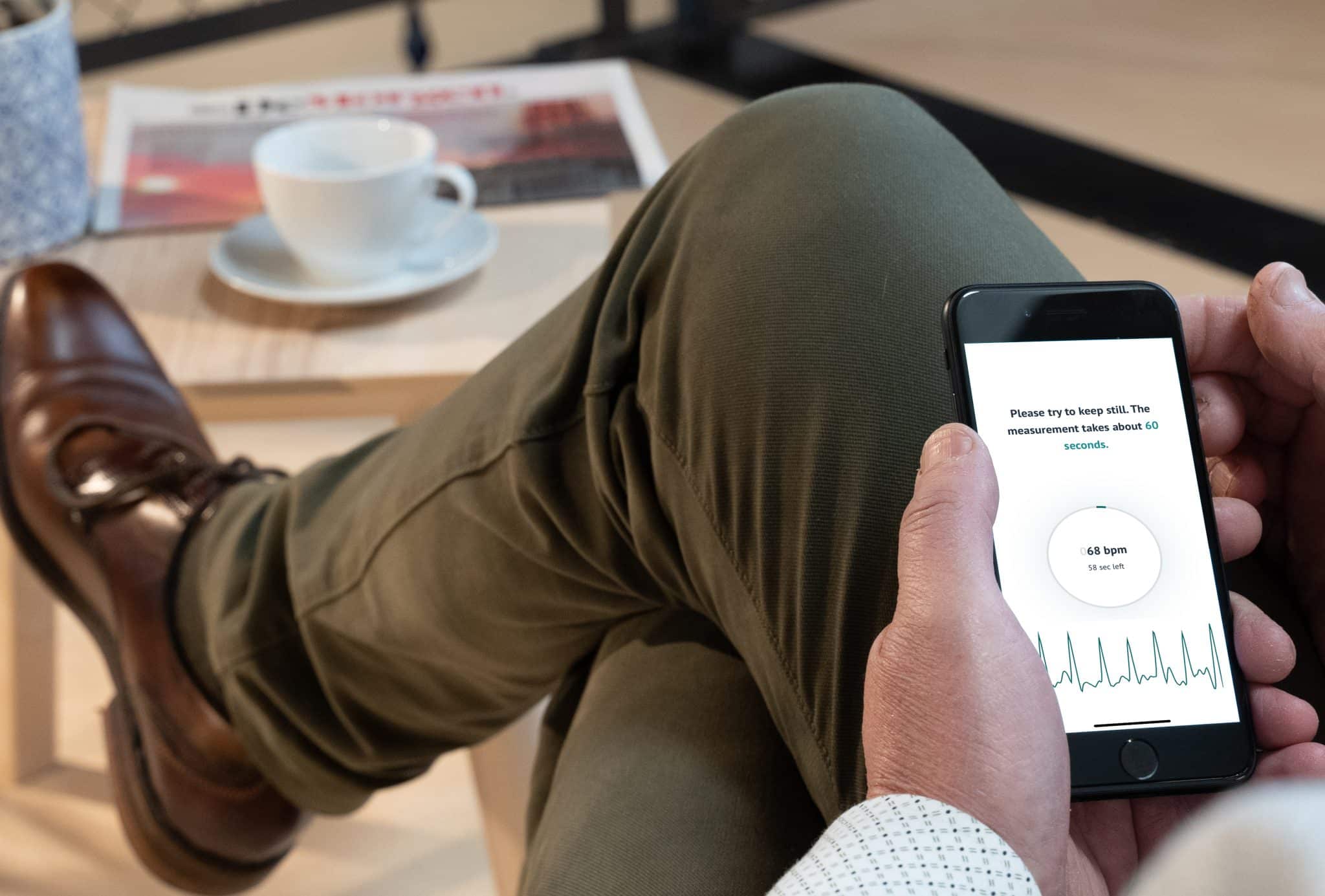Struggling to get out of bed in the morning? Flop down in your seat of an evening, feeling absolutely shattered? You are not alone. A lot of people struggle with fatigue and often do not give the situation much thought. As though it is a normal part of leading an active life. But is it though? When does feeling tired stop being inoffensive and when should you sit up and take heed of the signs your body is putting out?
Fatigue: a response to life
Busy days, strenuous exercise or short nights: no wonder we feel tired at times. Fatigue is a very normal response from your body, which is demanding time out.
In most cases, taking a break, a power nap or a good night’s sleep will do the trick. Yet, fatigue may persist for a longer period of time in cases. Brought on by the change in the seasons, bringing shorter days and less daylight for instance, the seasonal clock change from winter to summer time and vice versa which can wreak havoc with your biological clock, medication that makes you feel drowsy or chronic sleep problems. Or you can simply be mentally drained as a result of too much stress, burn-out or depression.
In those cases, a healthy lifestyle can go a long way to help alleviate matters. Get some routine in your life, turn in on time, relax, eat (and drink) in moderation and get some exercise. In some cases, medical supervision may be required. Your doctor may adjust any medication you may be on to make you feel less tired or offer professional mental support.
If you continue to feel tired in spite of all of the above, then perhaps something else is going on.
Fatigue: when should you be mindful of signs of fatigue?
Fatigue is your body telling you something is not right. But how do you know if your fatigue is innocuous or a symptom of a medical problem you would do well to take seriously? Although fatigue is not always easy to interpret, there are definitely a few indications to suggest that your fatigue is not just you merely feeling tired.1
- You are not ‘just tired’, you are struggling with persistent fatigue that simply will not go away.
- Tackling a chore or just getting the day started takes a lot out of you. You feel absolutely drained without any energy whatsoever: physically and/or mentally.
- You feel tired after minimal exertion. You are struggling to keep up any kind of activity, never mind completing a job or whatever it is you are doing.
- Staying awake is a real battle. You feel like you could nod off at any time of the day.
- You are struggling to focus and/or remember things.
- You are constantly feeling emotional and irritable.
The general rule in all of this is to be on the alert as soon as your fatigue starts having an impact on your work and your social life and is even causing you to cancel planned activities, simply because you haven’t got the energy.1
Fatigue: a sign of an underlying medical problem

‘I’m tired.’ To doctors, fatigue is an often heard – imprecise – complaint. In some cases, a blood test will bring a condition to light such as anaemia, diabetes or a thyroid disorder. But a lot of conditions cannot be detected from your blood.
Like heart rhythm disorders, such as atrial fibrillation (or auricular fibrillation) for example. No fewer than 1 in every 4 adults experiences atrial fibrillation sooner or later. Nonetheless, the condition often goes undetected as up to 40% of people do not have any complaints whatsoever.
The other +60% do experience signs which they would do well not to ignore, such as shortness of breath, palpitations, chest pain and dizziness. As well as one of the most common symptoms… fatigue.
Why heart rhythm disorders are so tiring
Research shows that fatigue ranks among the most prevalent symptoms of atrial fibrillation. This fatigue has various causes.2
- Your heart is not working as it should. It is beating a lot faster and/or more irregularly than it is supposed to. Given the strain placed on your body by constantly having to exert itself (sometimes without you even knowing), it is no wonder this is making you feel tired.
- Ever been diagnosed with atrial fibrillation? Taking medication for your condition? The medication in itself can make you feel tired.
- In some cases, your cardiac arrhythmia may be triggered by another medical condition, such as a thyroid problem for instance. In that case, this is linked to your fatigue.
What to do in case of fatigue?
As stated earlier: adjusting your lifestyle is a big step in the right direction. By the same token however, it is good to remain on the alert for underlying issues. Given the fact that so many adults (1 in 4) find themselves faced with heart rhythm disorders at some point in life, it is well worth the effort to screen for any such problems, if only on a preventive basis.
However, that is not an easy thing to do, as heart rhythm disorders are fickle. They come on unexpectedly and sometimes go away just as quickly. Which is exactly what makes it difficult for your doctor to arrive at the right medical diagnosis.
Thankfully, you can now measure your heart rhythm in the peace and comfort of your own home using the FibriCheck app. Run a check at least twice a day, and especially while you are experiencing any symptoms(palpitations, shortness of breath, dizziness).
Fatigue? An efficient approach will see you defeat those constant feelings of weariness.
References
- Streur M. Atrial Fibrillation Symptom Perception. J Nurse Pract. 2019;15(1):60-64. doi:10.1016/j.nurpra.2018.08.015
- Adjusting to life with atrial fibrillation. Consulted on https://www.heartfoundation.org.nz/your-heart/hearthelp/atrial-fibrillation/living-with-af
Created on November 26th, 2021 at 08:12 am
Last updated on January 10th, 2023 at 09:37 am



